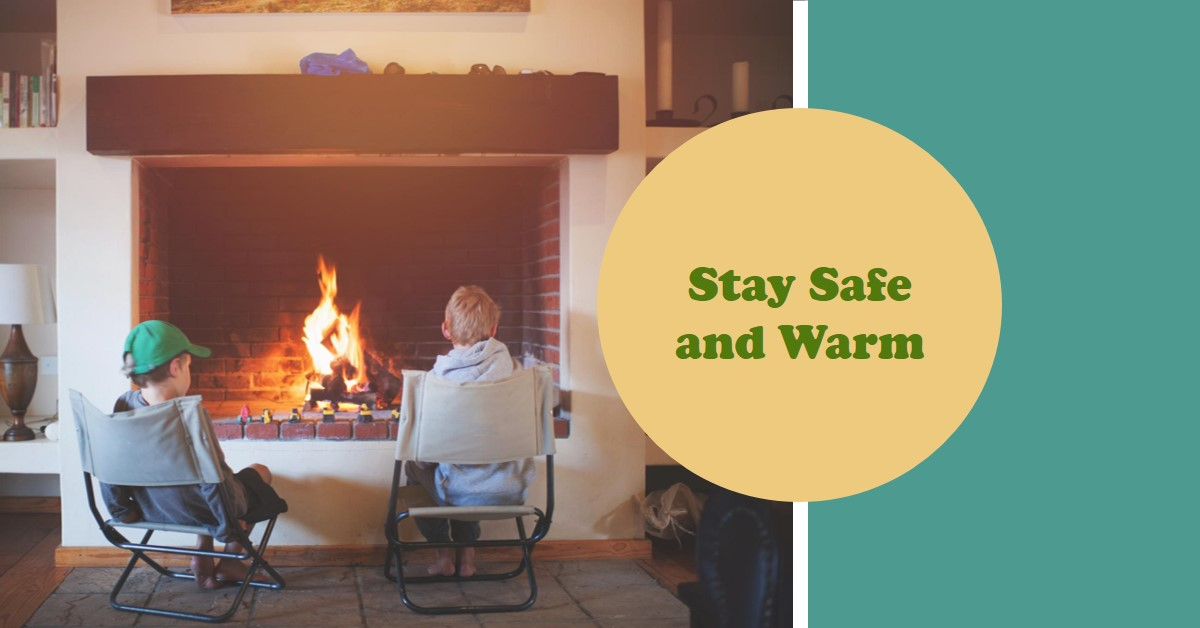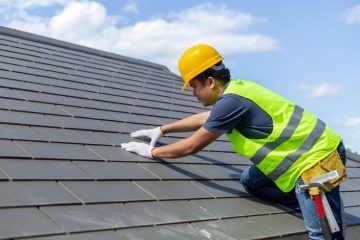It’s summer now, but before we know it, the temperatures are going to start dropping, and our need for warmth and comfort – rise. While we all want to stay nice and cosy during the colder months, it’s just as important to make sure that your heating system (and practices around it) are safe. But what are they?
Understanding Your Options
Home heating comes in many forms, from traditional fireplaces to modern space heaters. Each option has its own set of safety concerns, and knowing these can help you choose the best heating method for your home. Remember – this is a choice that’s going to stay with you for a long time, and one that you’ll have to deal with.
· A Classic Choice
Fireplaces offer ambiance and warmth but require proper maintenance to be safe. Make sure you get your chimney inspected and cleaned annually to prevent creosote buildup, which can lead to chimney fires. Use a sturdy screen to keep sparks from escaping and never leave a fire unattended.
· Convenience with Care
Space heaters are great for heating specific areas, but they must be used with caution. Keep them at least three feet away from anything flammable, like curtains or bedding. Always turn off space heaters when you leave the room or go to bed, and opt for models with automatic shut-off features for that extra bit of safety.
· Efficient and Effective
Central heating systems provide consistent warmth throughout the home. But what’s the right way to keep them running just as consistently? Well, start with regular checks and make sure you clean filters. This is how you can prevent dust buildup, which can be a fire hazard. It’s a good idea to have a professional inspect your system annually to catch any potential issues before they become real problems.
Safety Tips
No matter how you choose to heat your home, some general safety tips apply across the board. Here’s a handful of tips to kepe things warm – and safe.
Carbon Monoxide Detectors
Carbon monoxide (CO) is a colourless, odourless gas that can be deadly. Heating systems that burn fuel, such as gas furnaces and wood stoves, can produce CO if not vented properly. Install CO detectors near sleeping areas and check them regularly to ensure they are working.
Keep Flammable Items Away
A good rule of thumb is to maintain a three-foot clearance around all heating equipment. This includes space heaters, radiators, and stoves. Flammable items like furniture, drapes, and paper should always be kept at a safe distance.
Regular Maintenance & Inspections
Routine maintenance can prevent many heating-related hazards. Schedule annual inspections for your heating systems, whether it’s a furnace, boiler, or chimney. Professionals can identify and fix issues you might not notice, keeping your heating systems running safely and efficiently. Don’t forget about your wireless fire alarm,
Preparing for Emergencies
This is hard. It’s predicting the unpredicatble. Even with the best precautions, emergencies can happen. Preparing for these situations can help ensure everyone’s safety.
Develop a Plan
Create a clear plan for how your family will evacuate the home in case of a fire. Make sure everyone knows the exits and establish a meeting point outside.
Essentials At Hand
Place fire extinguishers in key locations, such as the kitchen and near fireplaces. Make sure family members know how to use them, focusing on the PASS technique: Pull, Aim, Squeeze, and Sweep.
Warmth with Peace of Mind
Regular maintenance, smart practices, and emergency preparedness are key to a worry-free winter season. Stay warm, stay safe, and enjoy the coziness of your home with peace of mind.



